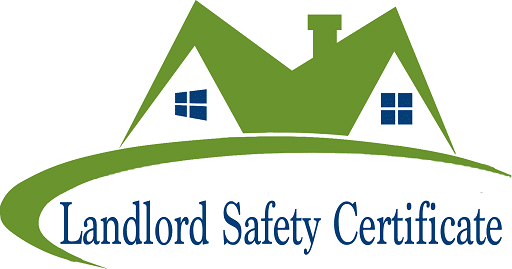
As a landlord in the UK, ensuring your rental property complies with legal safety requirements isn’t just good practice — it’s a legal obligation. One of the most critical responsibilities is providing a valid Gas Safety Certificate (CP12) to your tenants. Failing to do so can result in a serious gas certificate penalty and other severe consequences. In this post, we’ll break down the key landlord legal obligations, the risks of non-compliance, and what steps you need to take to stay on the right side of the law while keeping your tenants safe.
A Gas Safety Certificate is an official document issued by a Gas Safe registered engineer after inspecting gas appliances in a rental property. It confirms that the gas system and appliances, such as boilers and cookers, are functioning safely and meet legal standards.
Providing a Gas Safety Certificate is not optional — it is a legal requirement under the Gas Safety (Installation and Use) Regulations 1998. This regulation applies to all landlords in the UK who rent out residential properties.
According to UK law, landlords must:
• Arrange annual gas safety checks for all gas appliances and flues in the property.
• Use only Gas Safe registered engineers for these inspections.
• Provide tenants with a copy of the Gas Safety Certificate before they move in or within 28 days of the check.
• Keep records of gas safety checks for at least two years.
Failing to comply with these requirements is a breach of landlord legal obligations and can lead to significant consequences.
Landlords who fail to provide a gas certificate can be fined up to £6,000 per breach. In more serious cases, such as where tenant safety has been compromised, landlords may face:
• Unlimited fines
• Criminal prosecution
• Imprisonment for up to 6 months
Example: In 2023, a landlord in London was fined £10,000 for failing to complete annual gas safety checks and provide certificates to tenants. The property had a faulty boiler, which was considered a serious risk to tenant safety.
Under the Housing Act 1988, landlords cannot legally serve a Section 21 eviction notice if they have not provided the tenant with a valid Gas Safety Certificate. This means that failing to meet your gas safety obligations could leave you unable to evict tenants — even if they are not paying rent.
This legal loophole has been used in several court cases where tenants successfully defended against eviction due to the landlord’s non-compliance.
Tenants can apply for a Rent Repayment Order (RRO) if they can prove the landlord failed to comply with safety regulations. The tribunal may order landlords to repay up to 12 months of rent, which can result in substantial financial loss.
Tenants have the right to:
• Receive a copy of the latest Gas Safety Certificate
• Report landlords to the Health and Safety Executive (HSE) or local authorities if no certificate is provided
• Refuse entry to non-qualified individuals attempting gas repairs
Landlords should ensure full transparency and communication with tenants to avoid disputes and complaints.
• Forgetting to schedule annual inspections
• Not using Gas Safe registered engineers
• Buying new properties without checking gas safety records
• Trying to cut costs by avoiding professional checks
These are not valid legal excuses. Even unintentional oversights can lead to a gas certificate penalty.
• Step 1: Contact a Gas Safe registered engineer.
• Step 2: Book an appointment for an inspection of all gas appliances and flues.
• Step 3: The engineer will test for leaks, ventilation, and appliance safety.
• Step 4: If everything is safe, they’ll issue a CP12 certificate.
• Step 5: Provide a copy to tenants and keep a copy in your records.
Cost for a Gas Safety Certificate in London typically ranges from £60 to £90, depending on the number of appliances.
Local councils and the Health and Safety Executive (HSE) actively investigate non-compliant landlords. They can issue improvement notices or initiate prosecution. Tenants can file complaints directly, triggering investigations that may include unannounced inspections.
Failing to provide a Gas Safety Certificate is not just a technical error — it’s a serious breach of your landlord legal obligations. The penalties are severe, and the legal consequences can impact your ability to manage or rent out property in the future.
Whether you’re a new landlord or an experienced investor, staying compliant with gas safety regulations should be a top priority. Protect your tenants, your property, and your business by booking regular inspections and keeping clear records.

